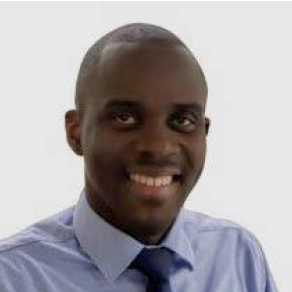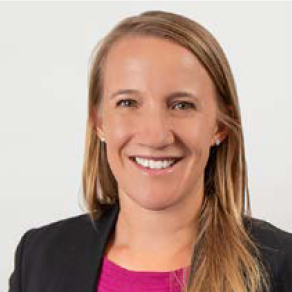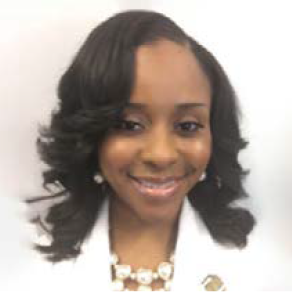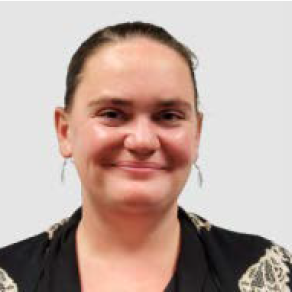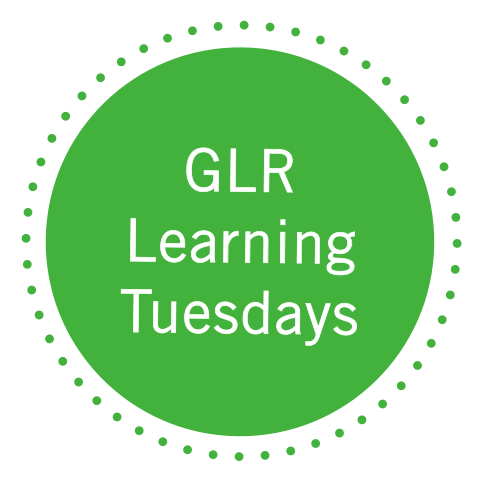
- This event has passed.
Expanded Learning = Expanded Recovery: How Afterschool Programs Drive Student Progress
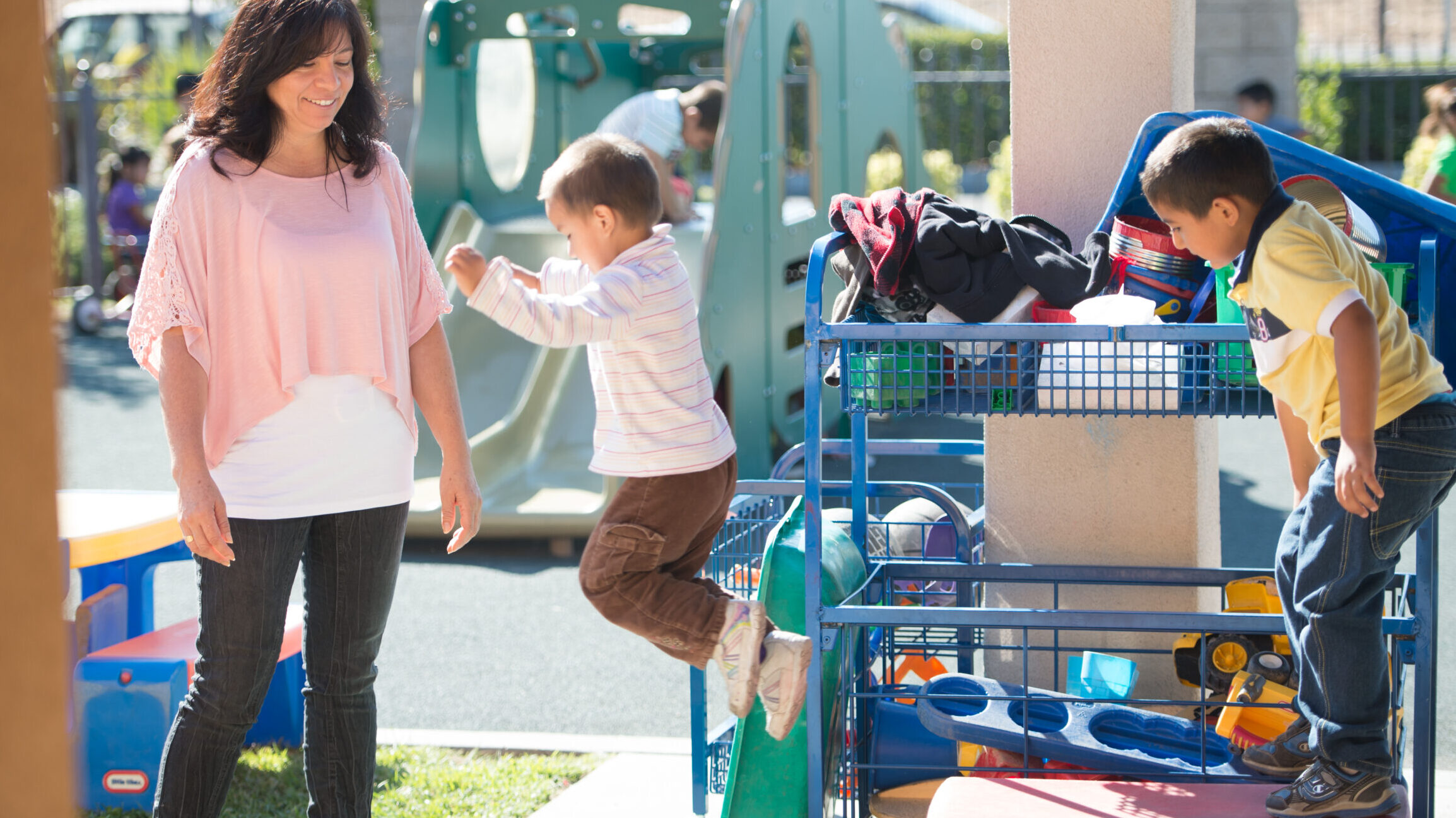
This session explored why a “big bet” on afterschool is working to achieve learning progress with students — so much so that President Biden is prioritizing this big bet in his budget, where he proposes “supporting evidence-based strategies to…expand learning time, including both in the summer and in extended day or afterschool programs.” Afterschool programs not only advance academic progress, they also centralize relationships and prioritize caring adults working with struggling students to serve as both the spark and the consistency that they need to feel safe, supported and motivated to improve their school work.
Moderator Hillary Jones of Foundations, Inc. first engaged in discussion with her colleague Andrew Francis also of Foundations, Inc. They unpacked how this relationship building and participation in interest-based learning activities make a real impact on students’ attitude toward learning while advancing their social and emotional development and their self-efficacy. Jen Rinehart of the Afterschool Alliance joined the discussion and shared how the federal investment in learning recovery led to the expansion of access and an increase in the quality of afterschool programs while advancing students’ developmental outcomes. Francis expressed this important aspect of afterschool programs in this way:
[In afterschool programs, students] come alive. They come out of their shell and they find a new me, a new version of themselves. And that happens because they’re able not only to interact [with their peers], they are also interacting with other young people — maybe in lower grades or higher grades. And they’re able to establish relationships with caring adults who give them another lease on life, and just show them that there is so much more that they can know and grow and become. So essentially the programs are effective because they challenge students to build relationships with other students and also build relationships with caring adults who help them to grow exponentially in so many ways.
Jones then engaged with two state and local afterschool leaders to explore further how the federal investments led to improved program quality and to learn about the on-the-ground tactics that make this big bet work in local communities. Katie Landes of the Georgia Statewide Afterschool Network and Denieka Wicker of the Boys & Girls Clubs of Greater Washington, DC, discussed the importance of building strong partnerships with schools and school districts and sharing student data to tailor afterschool learning activities. They also emphasized that while relationship building and positive youth development are priorities, the opportunity to devote time to STEM and literacy and other academic areas are significant components of these programs. Landes shared information about a program in her state that was able to hone-in on early literacy:
One program has been able to bring in reading specialists to serve their students, with one-on-one reading instruction, and these reading specialists have filled in some of the cracks in the foundation that was crumbling for their students [after the pandemic]. So we’ve really seen the programs be responsive to what their young people, their families, their communities, are needing in order to make their programs more accessible and a higher quality.
Panel
